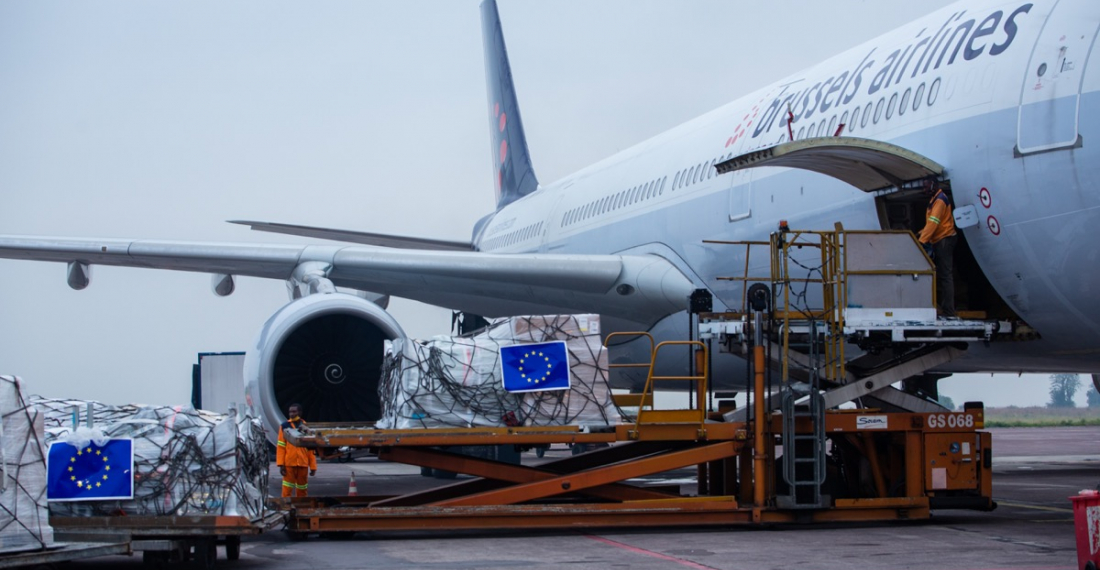The President of the European Commission, Ursula von der Leyen, announced on Friday that the EU will provide €100 million in humanitarian assistance to support vaccination programs in Africa that will be led by the African Centres for Disease Control and Prevention. The funding is necessary for countries with critical humanitarian needs and fragile health systems. The funding will help in cold chains, registration, and training for necessary staff. The amount announced by the EU Commission comes in addition to the €2.2 billion already pledged by the EU to the COVAX scheme. Ursula von der Leyen commented:
“We’ve always been clear that the pandemic won’t end until everyone is protected globally. The EU stands ready to support the vaccination strategies in our African partners with experts and deliveries of medical supplies at the request of the African Union. We are also exploring potential support to boost local production capacities of vaccines under licensing arrangements in Africa. This would be the fastest way to ramp up production everywhere to the benefit of those that most need it.”
The EU has a range of tools and agencies to execute its mission, such as the EU Humanitarian Air Bridge, the EU Civil Protection Mechanism, and the EU’s humanitarian budget.
EU had already been using its Humanitarian Air Bridge to provide humanitarian assistance to countries affected by the coronavirus pandemic. So far, almost 70 flights have delivered over 1,150 tons of medical equipment as well as nearly 1,700 medical and humanitarian staff and other passengers.
Janez Lenarčič, EU Commissioner for Crisis Management, said: “International vaccine solidarity is a must if we are to effectively address the COVID-19 pandemic... Ensuring equitable access to vaccines for vulnerable people, including in hard-to-access areas, is a moral duty. We will build on our valuable experience in delivering humanitarian aid in a challenging environment, for example via the Humanitarian Air Bridge flights.”
The Commission is also currently studying mechanisms of medium-term support to establish local or regional production capacity of health products, in particular vaccines and protective equipment. This support will be part of the new Neighbourhood, Development and International Cooperation Instrument (NDICI) and the European Fund for Sustainable Development plus (EFSD+).







